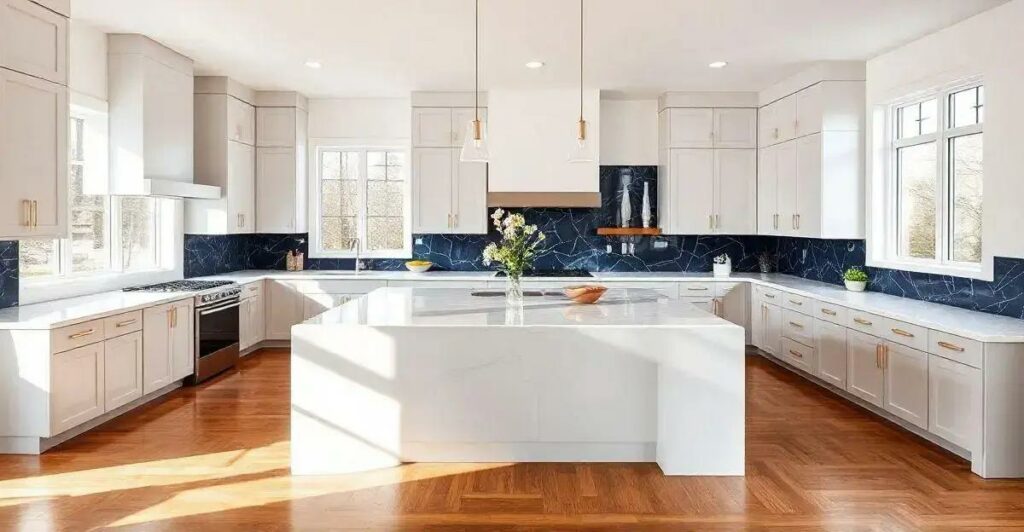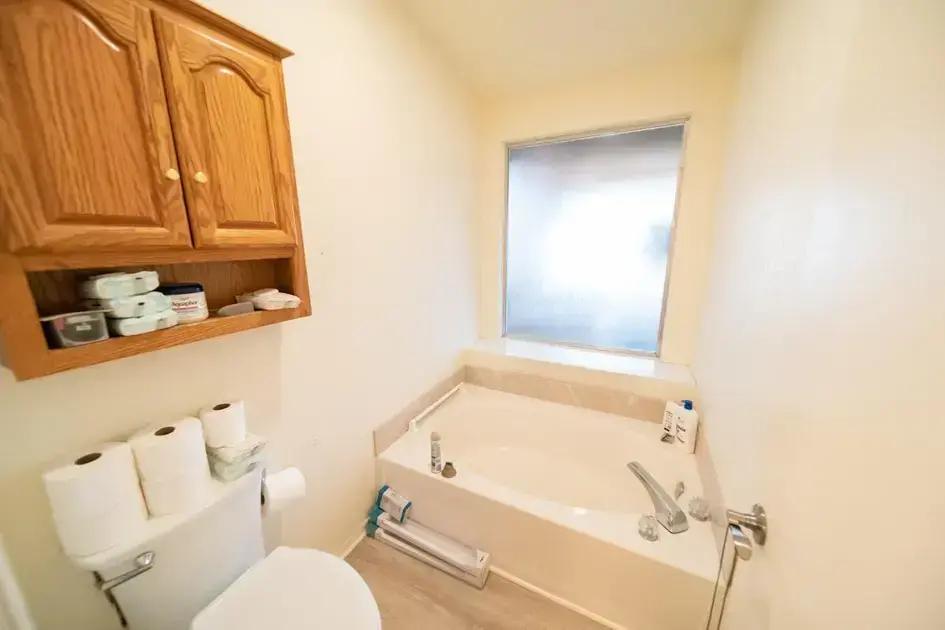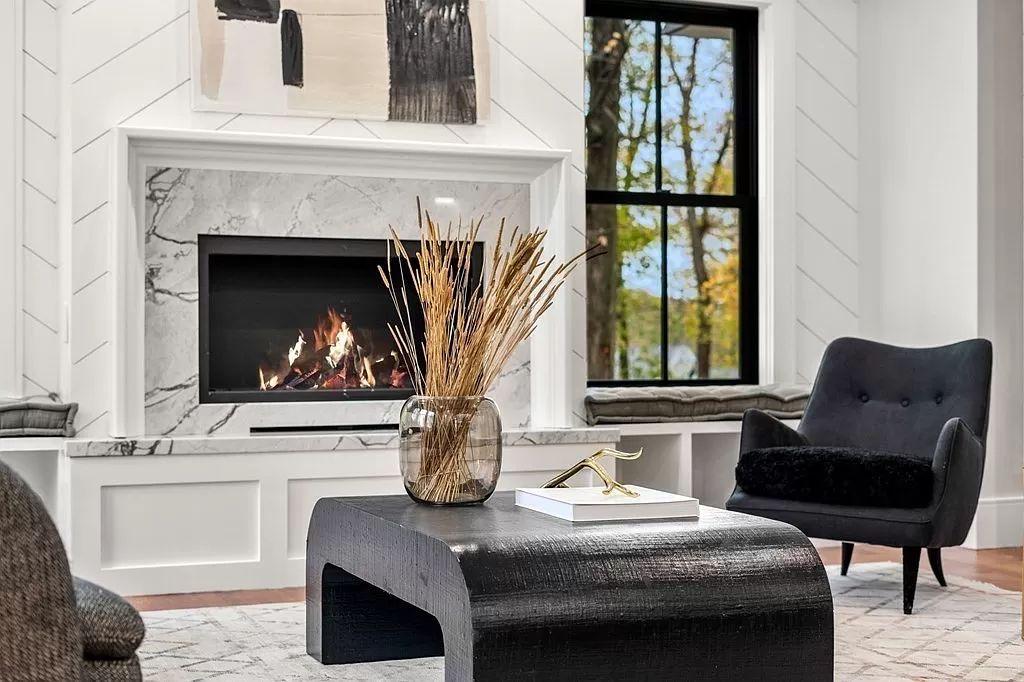Bathroom remodeling in Massachusetts generally ranges from $10,000 to $30,000, influenced by factors such as the size of the bathroom, choice of materials, and labor costs. This guide for 2024 provides essential tips for effective planning and budgeting, including strategies for saving money and guidance on selecting reputable contractors in the state.
Bathroom remodel cost estimates in Massachusetts can vary significantly depending on the scope of the project and the materials chosen. Understanding these costs is crucial for planning and budgeting your renovation effectively. This guide provides a comprehensive overview of average bathroom remodel costs in Massachusetts in 2024. We’ll cover the key factors that influence pricing, offer practical tips for saving money, and guide you in finding the right contractor for your project. From small updates to full-scale renovations, we’ll explore the various cost considerations involved, helping you create the bathroom of your dreams without breaking the bank. Let’s dive into average costs, factors affecting pricing, saving tips, and finding the right contractor.
Average Bathroom Remodel Costs in Massachusetts
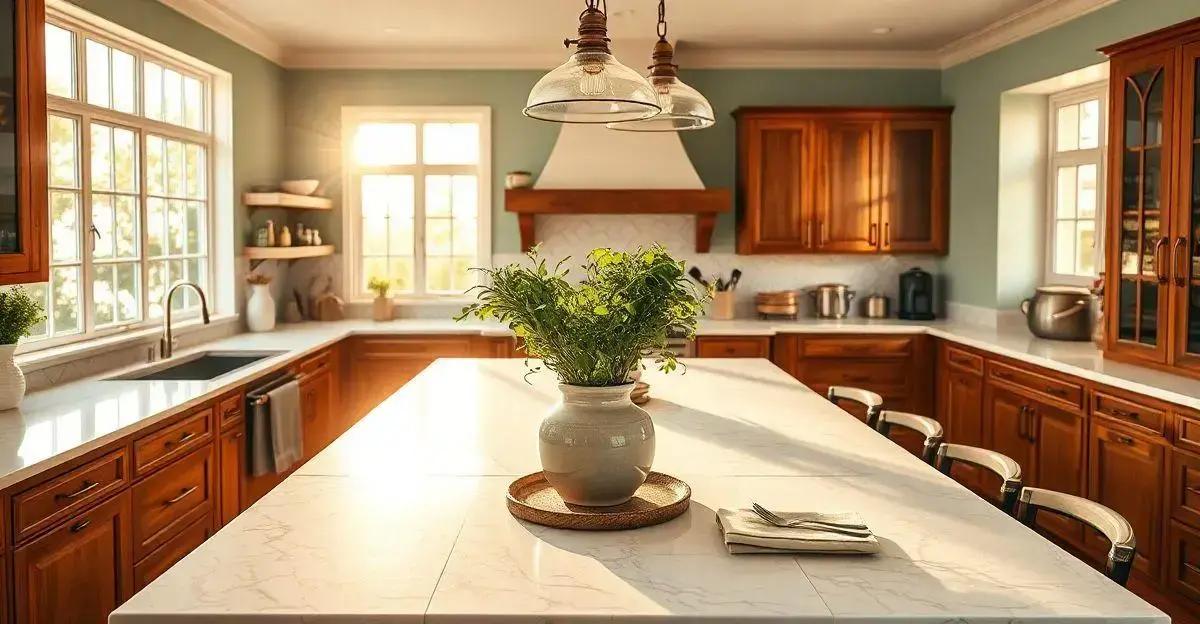
Average Bathroom Remodel Costs in Massachusetts can vary significantly depending on the scope of the project. A basic remodel, which might include replacing fixtures and repainting, could range from $5,000 to $15,000. A mid-range remodel, incorporating new tile, vanity, and possibly a shower or tub upgrade, could fall between $15,000 and $30,000. For a high-end remodel with premium materials, custom features, and extensive renovations, the costs can easily exceed $30,000, sometimes reaching $50,000 or more.
Several factors contribute to this wide range. The size of the bathroom is a key consideration. Larger bathrooms naturally require more materials and labor, driving up the cost. The types of materials chosen also play a major role. Standard fixtures and tiles are more budget-friendly than high-end, designer options. Finally, the complexity of the project impacts the overall cost. A simple refresh will be less expensive than a complete gut renovation.
Factors Influencing Bathroom Remodel Costs in Massachusetts include material costs, labor rates, and the overall scope of the project. Material costs can fluctuate based on availability and market trends. Labor rates in Massachusetts tend to be higher than in other parts of the country, reflecting the cost of living. The project scope, which encompasses the size of the bathroom, the extent of the demolition, and the complexity of the design, significantly influences the final price tag. Whether you are simply updating fixtures or undertaking a full-scale renovation, the choices you make regarding materials, fixtures, and design elements will directly affect your budget.
Tips for Saving on Your Bathroom Remodel include careful planning and budgeting. Start by setting a realistic budget and sticking to it. Consider less expensive material alternatives that still offer quality and aesthetics. For example, porcelain tiles can often mimic the look of more expensive marble or natural stone. Refurbishing existing cabinets instead of replacing them can also save a substantial amount. Doing some of the demolition work yourself, if you are comfortable and capable, can further reduce labor costs.
Finding the Right Contractor in Massachusetts is essential for a successful bathroom remodel. Obtain multiple bids from reputable contractors, ensuring they are licensed and insured. Check online reviews and testimonials to gauge their previous work and customer satisfaction. A detailed contract is crucial, outlining all aspects of the project, including payment schedules, timelines, and specific materials to be used. Clear communication with your chosen contractor throughout the process is key to avoiding misunderstandings and unexpected costs.
Factors Influencing Bathroom Remodel Costs
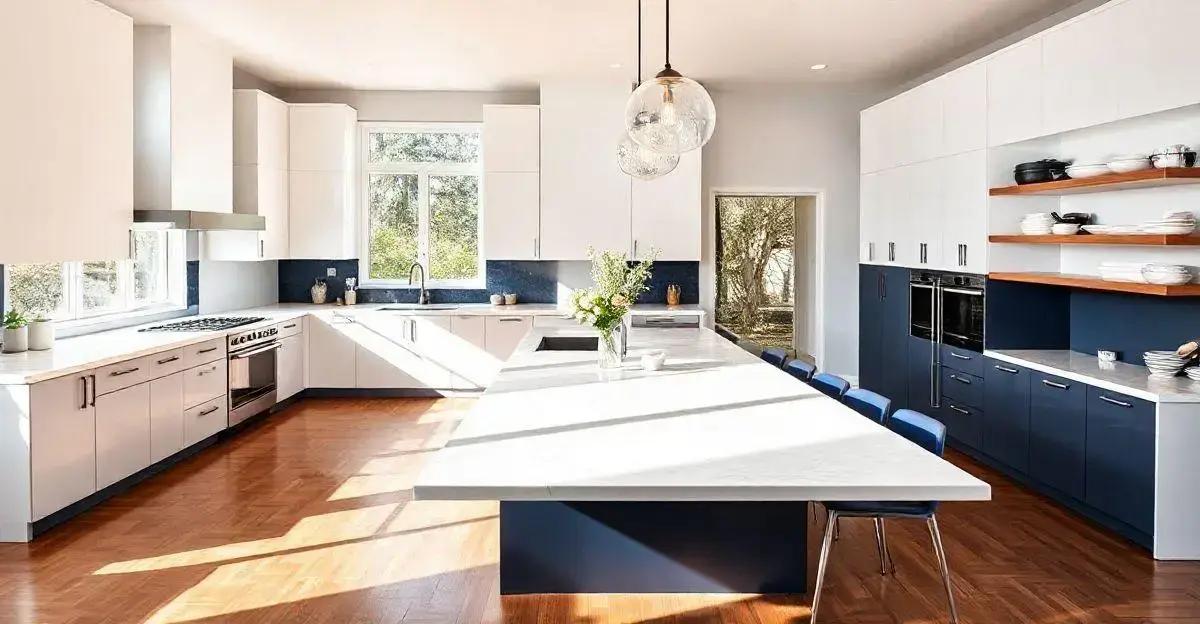
Several factors can significantly influence the overall cost of your bathroom remodel in Massachusetts. Understanding these factors will allow you to plan your budget effectively and avoid unexpected expenses.
Size and Scope: Naturally, a larger bathroom or a more extensive remodel will cost more. A simple refresh with new fixtures and paint will be considerably less expensive than a complete gut renovation that involves moving plumbing and changing the layout.
Material Selection: The materials you choose play a huge role in determining the cost. Opting for high-end tiles, countertops, and fixtures will dramatically increase the budget compared to standard or budget-friendly options. Consider the cost differences between ceramic and porcelain tiles, or between laminate and granite countertops.
Labor Costs: Labor costs in Massachusetts can vary depending on the contractor’s experience and the complexity of the project. Get multiple quotes from reputable contractors to ensure you’re getting a competitive price. Remember, the lowest bid isn’t always the best; consider the contractor’s experience and reputation.
Plumbing and Electrical Work: If your remodel involves relocating plumbing fixtures or updating electrical wiring, expect these costs to add up. These often require licensed professionals and can be a significant portion of your overall budget.
Accessibility Features: Incorporating accessibility features, such as walk-in showers or grab bars, can influence the cost due to specialized materials and installation requirements. However, these additions can significantly improve safety and comfort.
Permits and Inspections: Don’t forget to factor in the cost of permits and inspections, which are required for most bathroom remodels. These fees can vary depending on the location and scope of the project.
Unforeseen Issues: Older homes, in particular, can present unexpected challenges during a remodel, such as hidden water damage or outdated wiring. It’s wise to build a contingency fund into your budget to cover these potential issues.
Tips for Saving on Your Bathroom Remodel
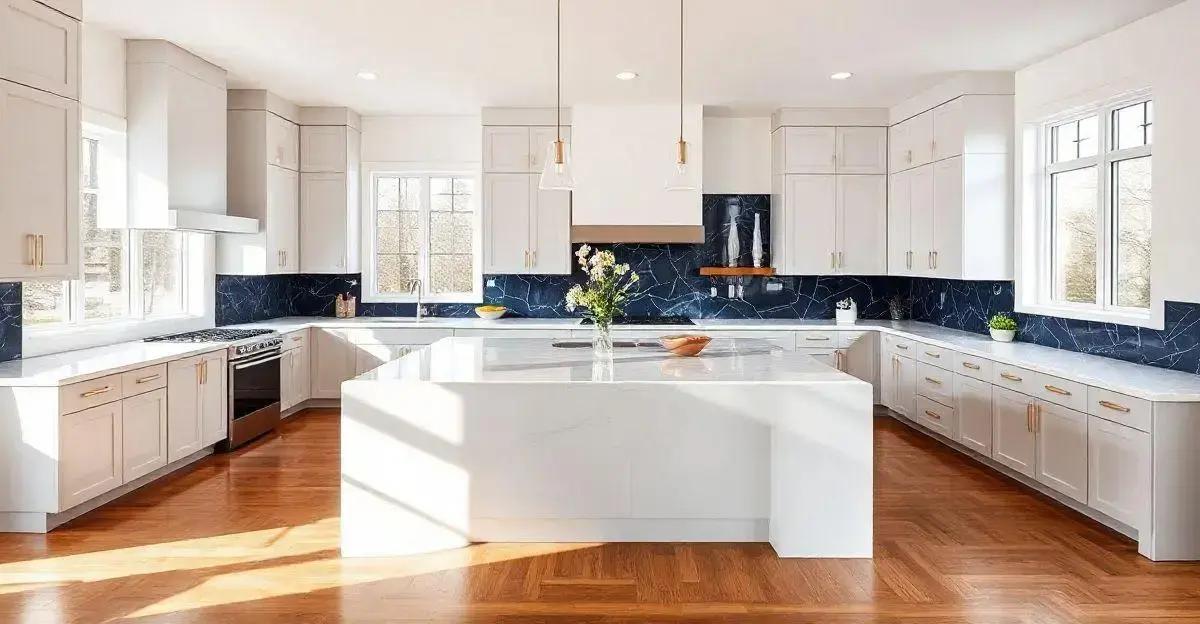
Saving money during a bathroom remodel requires careful planning and smart decision-making. One effective strategy is to refinish existing fixtures instead of replacing them entirely. For example, refinishing a bathtub or resurfacing cabinets can significantly reduce costs while giving them a fresh, updated look.
Prioritize your spending by focusing on the elements that matter most to you. If a luxurious shower is your priority, consider allocating more of your budget to that and opting for more budget-friendly options for other aspects of the remodel.
Comparing prices from multiple suppliers is crucial for finding the best deals on materials. Don’t hesitate to negotiate with contractors and suppliers to get the most favorable pricing. DIY projects, where possible, can also save money. If you’re handy, consider tackling smaller tasks like painting or installing some fixtures yourself. However, be realistic about your abilities and leave complex tasks to professionals.
Choosing cost-effective materials doesn’t mean compromising on quality. Explore affordable alternatives that still offer durability and style. For instance, consider using ceramic tiles instead of more expensive natural stone.
Planning ahead and creating a detailed budget is essential for staying on track and avoiding unexpected expenses. By being mindful of your spending and making informed choices, you can achieve your dream bathroom without breaking the bank.
Finding the Right Contractor in Massachusetts
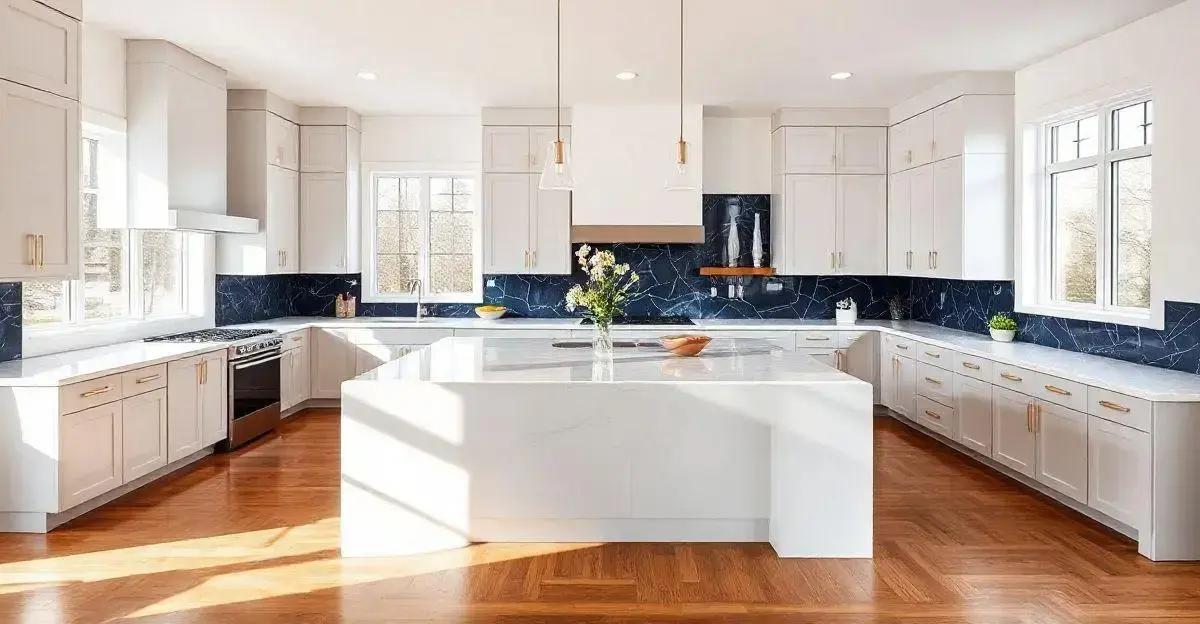
Locating a reliable contractor in Massachusetts for your bathroom remodel can feel like a daunting task. However, a systematic approach can simplify the process. Start by seeking recommendations from friends, family, and neighbors who have undertaken similar renovations. Online platforms like HomeAdvisor, Angie’s List, and Yelp offer valuable resources for finding local contractors and reading reviews from previous clients.
When you’ve compiled a list of potential contractors, check their licensing and insurance credentials with the Massachusetts Board of Building Regulations and Standards. This ensures they operate legally and protects you from liability in case of accidents. Request detailed written estimates from each contractor, ensuring they specify all materials, labor costs, and project timelines. Comparing these estimates side-by-side helps you identify the most competitive and transparent pricing.
Interviewing potential contractors is crucial. Ask about their experience with similar projects, their communication style, and how they handle unexpected issues. A clear contract is essential before starting any work. This document should outline the scope of work, payment schedules, project timeline, and any warranties provided. Don’t hesitate to negotiate terms and clarify any uncertainties before signing.
Finally, consider checking references. Speaking to past clients provides insights into the contractor’s reliability, workmanship quality, and overall project management skills. By following these steps, you can increase your chances of finding a qualified and trustworthy contractor for your Massachusetts bathroom remodel, ensuring a smooth and successful renovation process. Remember, thorough research and careful selection are key to a positive remodeling experience.
Planning Your Massachusetts Bathroom Remodel Budget
Renovating your bathroom in Massachusetts requires careful budgeting and planning. As we’ve explored, the average costs can vary significantly depending on the scope of the project, materials chosen, and contractor fees.
By understanding the factors that influence these costs, and by employing smart cost-saving strategies, you can create a realistic budget that aligns with your vision.
Remember to prioritize finding a qualified and reputable contractor who understands your needs and can deliver high-quality work within your budget. Thorough research and comparison shopping, along with open communication with your chosen contractor, will ensure a successful and satisfying bathroom remodel that enhances your home’s value and your everyday comfort.
Start planning your dream bathroom today, armed with the knowledge and resources to make informed decisions every step of the way. Don’t hesitate to contact local contractors for personalized quotes and begin your journey towards a beautifully renovated bathroom in Massachusetts.
FAQ: Bathroom Remodel Costs in Massachusetts
What is the average cost of a bathroom remodel in Massachusetts?
The average cost of a bathroom remodel in Massachusetts can vary significantly, typically ranging from $10,000 to $30,000 or more depending on the size, scope, and materials used. A smaller, cosmetic refresh might be closer to the lower end, while a full gut renovation with high-end fixtures could reach the higher end or exceed it.
What factors influence the cost of a bathroom remodel?
Several factors contribute to the overall cost, including the size of the bathroom, the extent of the renovation (cosmetic vs. full gut), the quality of materials chosen (fixtures, tiles, countertops), labor costs in your area, and whether you’re moving plumbing or electrical systems.
How can I save money on my bathroom remodel in Massachusetts?
There are various ways to save. Consider refinishing existing fixtures instead of replacing them, opting for standard-sized materials to minimize custom work, comparing quotes from multiple contractors, and doing some of the demolition or painting yourself if you’re handy.
How do I find a qualified bathroom remodeling contractor in Massachusetts?
Look for licensed and insured contractors with a proven track record. Ask for references and check online reviews. Get multiple estimates and compare not just price but also the contractor’s communication, experience, and proposed timeline.
Is it necessary to get permits for a bathroom remodel in Massachusetts?
Yes, permits are generally required for most bathroom remodeling projects, especially those involving plumbing or electrical work. Your contractor should handle obtaining the necessary permits, but it’s always good to confirm this.
How long does a typical bathroom remodel take in Massachusetts?
The timeline varies depending on the complexity of the project. A smaller remodel might take a few weeks, while a larger, more extensive renovation could take several months.

